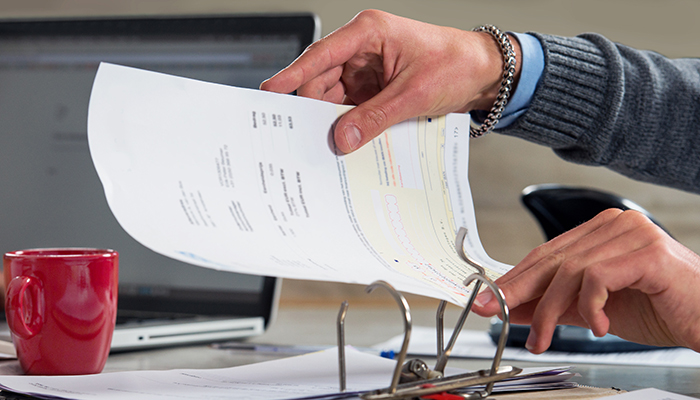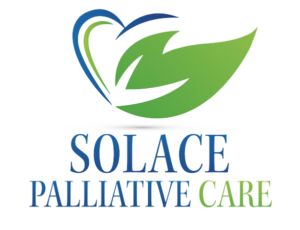
If you are the person most likely to step in if your loved one is unable to get to the bills—a hospitalization, dementia—you need to get oriented. And organized!
It’s easy to lose track of paperwork, especially someone else’s. Professionals recommend gathering important documents in a file or binder for safekeeping. Put that in a locked and fireproof location. Consider a small home safe. Or a safe deposit box at the bank.
Assembling this packet with your relative’s help ensures that you know about all the accounts that exist. (It’s never too early to put this information together. One never knows when a serious problem might arise!)
Following is a checklist of top-priority health and financial documents. Make sure you have the signed originals. Copies may not be legally accepted.
- Original will or trust documents. These can also be kept at the lawyer’s office.
- Durable power of attorney for finance. This is a document. Confusingly, it’s also the title of the person named in the document to make financial decisions if your relative cannot. If you are the person gathering together important documents, you probably are, or should be, the durable power of attorney for finance.)
- Advance healthcare directive. This includes durable power of attorney for health and a living will describing preferred philosophy of care at the end of life.
- Ownership documents. Title and loan documents for property and vehicles. Also include documents for assets, such as savings bonds, brokerage accounts, and cemetery plots.
- Bank account information. Account numbers and login information. Don’t forget the key to any safe deposit box (and the number and the bank!).
- Autopay arrangements. A listing of services being paid automatically from each bank account.
- Insurance policies for life, disability, and long-term care. Get the full details, including policy numbers. Be sure you include policies provided by employers and any that were bought personally.
- Health insurance cards. Make a copy of the front and back of each card. You’ll want Medicare A/B, Medicare supplement if they have one, and Prescription Benefit Plan (Part D). If your loved one has Medicare Advantage, there is probably only one card.
- Pension and individual retirement accounts. A person who worked for several companies may have multiple 401(k) accounts. Check for multiple IRAs also.
- Debt and loan documents.
- Past tax returns. You need to keep only the most recent three years of returns.
If it feels awkward to approach your relative for such personal information, mention this article. You’re just following through on an important recommendation!

